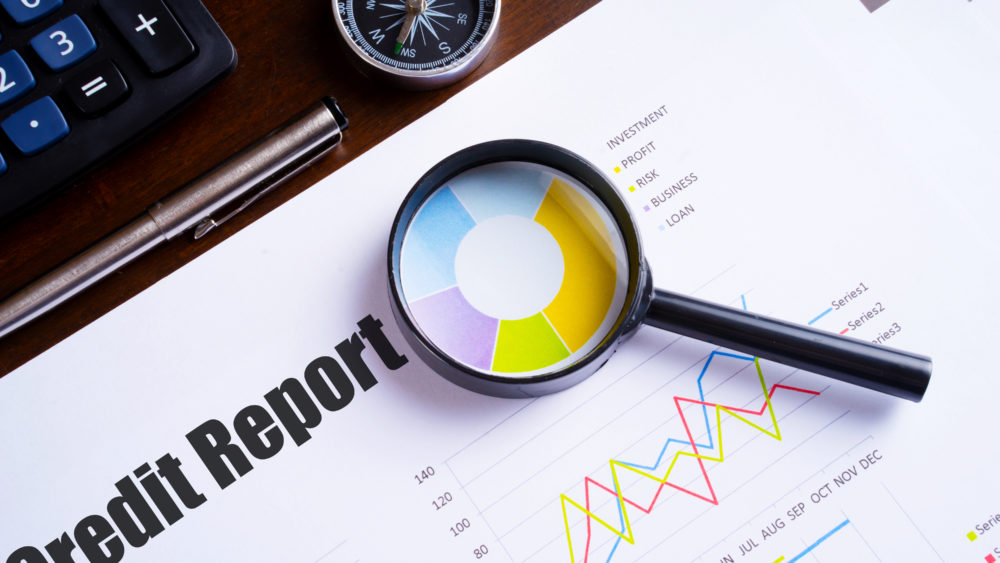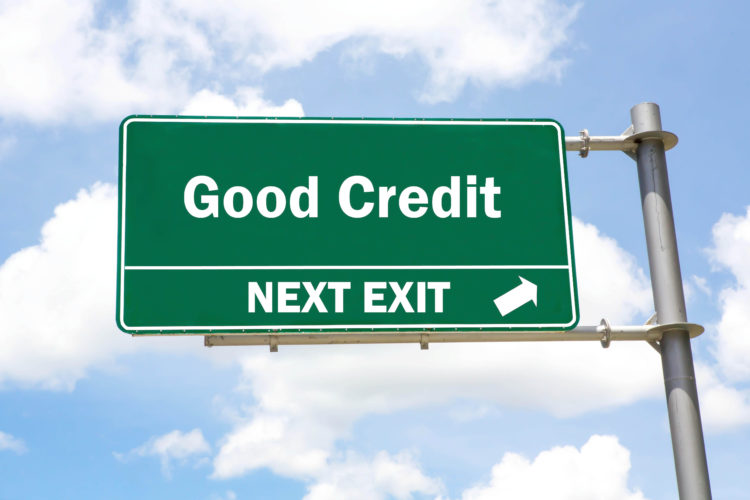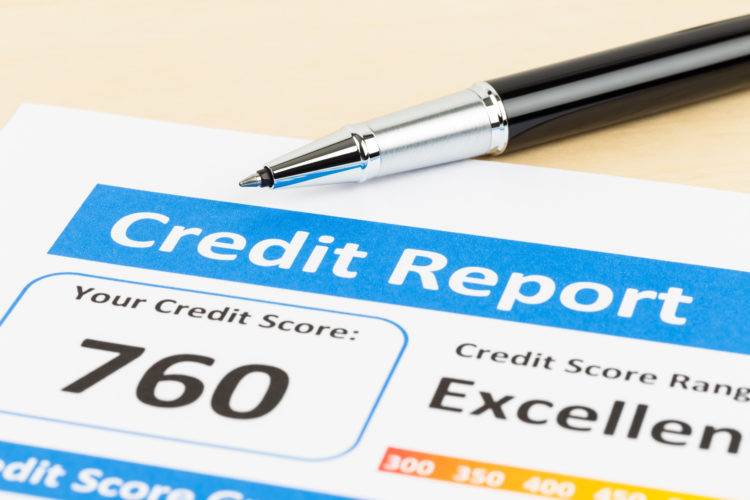
The Facts Behind Credit and the Bureaus
It’s shocking to know that the majority of Canadians don’t quite know exactly what credit is, how it affects you and most importantly how to raise it. This article will not only explain these to you, it will delve a little deeper to help you understand the inner workings of how your credit score is actually calculated. The best way to rebuild or maintain the strength of your credit is to avoid the credit repair myths.
What kind of information is on your bureau?
Your actual credit bureau consists of any accounts you may have, like auto loans, that report to the credit bureaus – Equifax and TransUnion. This information includes beacon score (credit rating score), balances, payment history, limits, etc. As well as, ID information like your name, address, date of birth and employment history, to name a few.
Information Timelines
Specific information is kept on your credit bureau for a certain amount of time. The list below will break these down for you:
| Inquiries made by credit grantors |
Minimum 3 years |
| Banking info & credit history |
6 years from the last activity date |
| Bankruptcies (1st bankruptcy) |
6 years from the discharge date |
| Foreclosures, judgments, garnishments |
6 years from the file date |
| Collections |
6 years from the last activity date |
| Secured loans |
6 years from the file date |
| Credit counselling, Orderly payment of debt (OPD), Consumer proposals, Voluntary deposit info |
3 years from the settlement date |
Credit Score
The Canadian credit rating system is an algorithm that calculates the information on your bureau to supply a beacon/credit score. This score starts at 300 (just starting out) and increases up to 900, which is the highest score you can achieve. Banks and lenders generally want to see this score around the 700 mark – this usually means you will have a better chance of getting approved for prime rates (the lowest possible rates available to you). Conversely, as your score drops below 700, interest rates will likely be higher and the probability for a qualified co-applicant is greater.
Credit ratings and it’s affects on your life
Credit scoring is a number that lenders, utility companies, landlords, insurers and in some cases even employers use to gauge your repayment behavior and assess your credit “worthiness”.
1 . Loan Applications
Your credit is a going to play a big role in the approval or denial of your application for credit. It also affects the credit limit, as well as the interest rate extended to you by the lender. Should your credit score be lower, then generally the interest rate will be higher and the actual credit limit will be lower. In most cases, we can help people with all types of credit get approvals for car loans in Canada.
2 . Job Application
In some cases, your future employer may ask to check your credit and depending on what they see. Ultimately, having poor credit may in fact cost you a job, because the employer may decide not to hire you due to poor credit.
3 . Housing Rental
When applying to be a tenant in someone else’s property, the landlord may assess their risk by taking into account your repayment history with credit grantors – Should it not be up to par, the landlord can deny you the tenancy to someone with a better credit rating.
4 . Vehicle Rental
As soon as you sign the car rental application, you have given the car rental company permission to access your credit history. As with housing rentals, the company can refuse to rent you their property based on your credit.

Credit score calculation and the factors that lower your score
As I’m sure you already know, the websites belonging to the credit bureaus don’t do a very good job with explaining how a credit score is actually calculated. Unfortunately, the actual algorithm is “top secret” and cannot be divulged. However, they do let you know which main factors in-fact affect your credit. They are in no particular order:
- The number of accounts you have
- Re-payment History
- Length/History of Accounts
- Inquiries
- Delinquencies
- Debt Service Ratio
- Credit Utilization Ratio
- Variety of Credit Accounts

Ways To Improve Your Credit Score
- Correct any potential errors on your bureau and monitor it for any future errors.
- Utilize your credit by continually using it and making your payments on time, every time.
- Maybe the most important tip of all: Apply for an installment loan, like an auto loan. These types of loans are one of the major ways to help increase credit quickly. Unlike a credit card which uses a revolving credit system, the bureaus hold car loans in Canada to a higher degree, as they show more stability and consistency.
To get approved for an auto loan regardless of credit history, apply here.
Margaret H. Johnson once said, “Your credit rating is not a reflection of your personal worth – it’s merely a credit reporting tool”. Regardless what kind of credit you have, the great thing about it is, you can always build it back up or maintain it with a little help from the pros. If you are looking to do just that, take advantage of our free credit assessment and we will be glad to go over your credit with you at no charge.
If you enjoyed this article or found it informative, feel free to check out our other blogs here.

